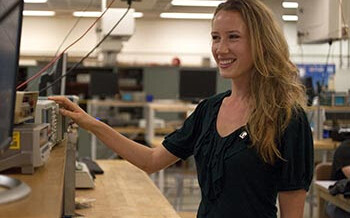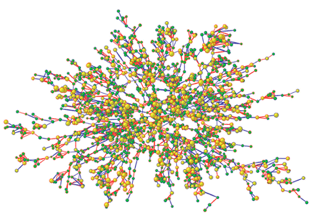Thursday, June 11 Noon Boston time (16:00 UTC)
Corresponding times around the world: http://www.timeanddate.com/worldclock/converter.html
SASHA ASGHARI – Nuclear Engineering, Univ. of California-Berkeley
“Looking Forward: A Framework for Robust IAEA Neutron Detection Capabilities”
Abstract
Due to its favorable neutron detection characteristics and historically low price, the international safeguards regime has come to heavily rely on helium-3-based neutron detectors to aid in the verification of compliance with the Treaty on the Nonproliferation of Nuclear Weapons (NPT). However, the recent helium-3 shortage has the potential to create instability in international safeguards. This work focuses on possible short-, medium-, and long-term options to decouple the efficacy of International Atomic Energy Agency (IAEA) safeguards from uncertainty in the helium-3 market. By exploring the establishment of a framework for incorporating alternate neutron detectors in the long run, the IAEA can help maintain the efficacy of international safeguards and the nonproliferation regime.
Bio
Alexandra (Sasha) Asghari is currently a graduate student at UC Berkeley pursuing a PhD in Nuclear Engineering with an emphasis on radiation detection and nuclear nonproliferation policy. She graduated with a BS in Physics from California State University-Sacramento in 2012. Currently, she is working with Adam Bernstein and Steven Dazeley at LLNL on a novel Gadolinium-doped water Cherenkov neutron detector as a possible alternative to some helium-3 detectors. Sasha is particularly interested in the nexus of science (radiation detection) and policy (nonproliferation of nuclear weapons).
GST is a monthly series of technical webinars on global security issues. To join the webinar you can use the web link given below; no special software is needed. You will get audio and video over the web, and will be able to interact with the speaker and other participants during the webinar.
Instructions for joining the webinar are in the attachment.
Recordings of past webinars in this series are available at:
If you are interested in giving a future presentation, please contact George Lewis at gnl3@cornell.edu
JUN


